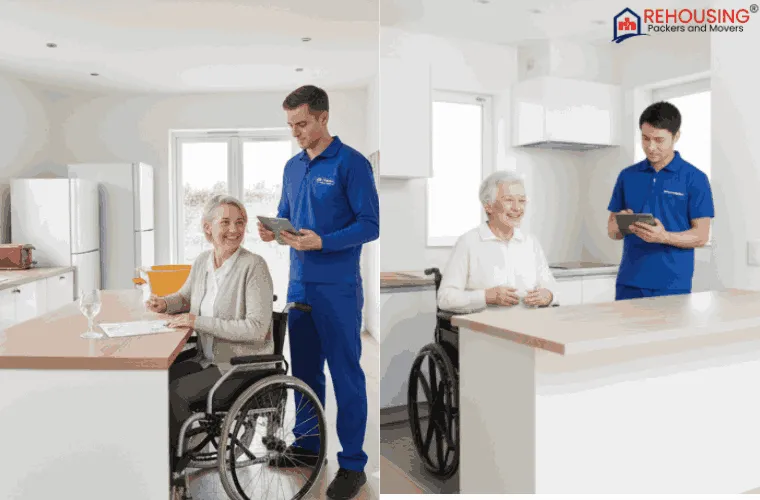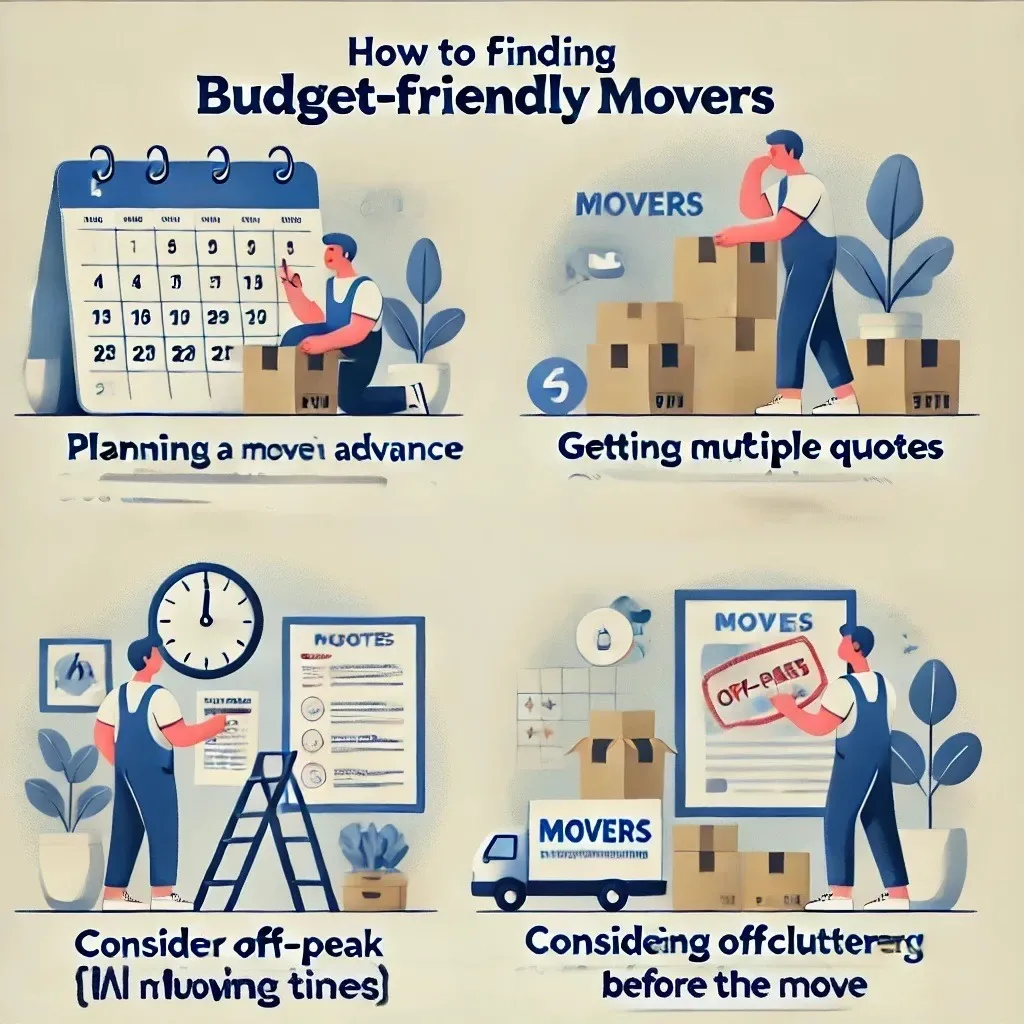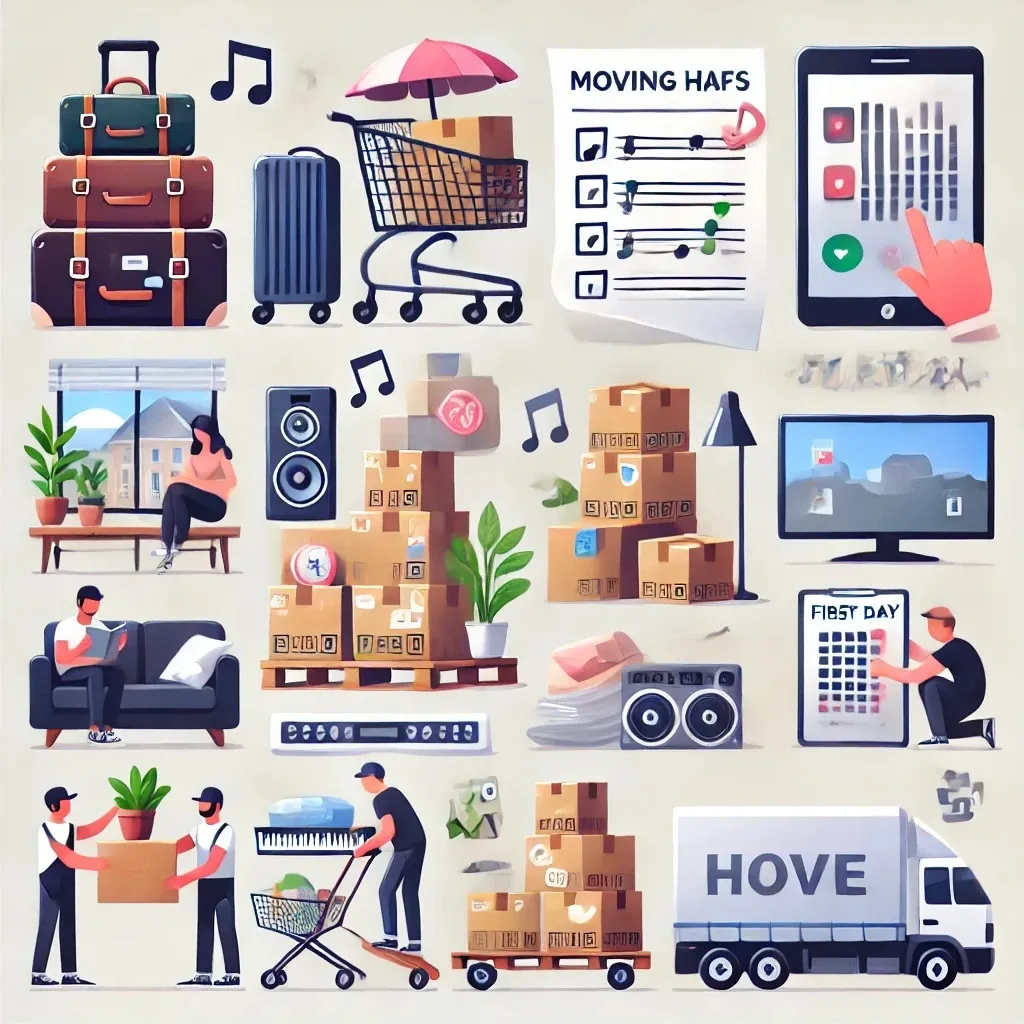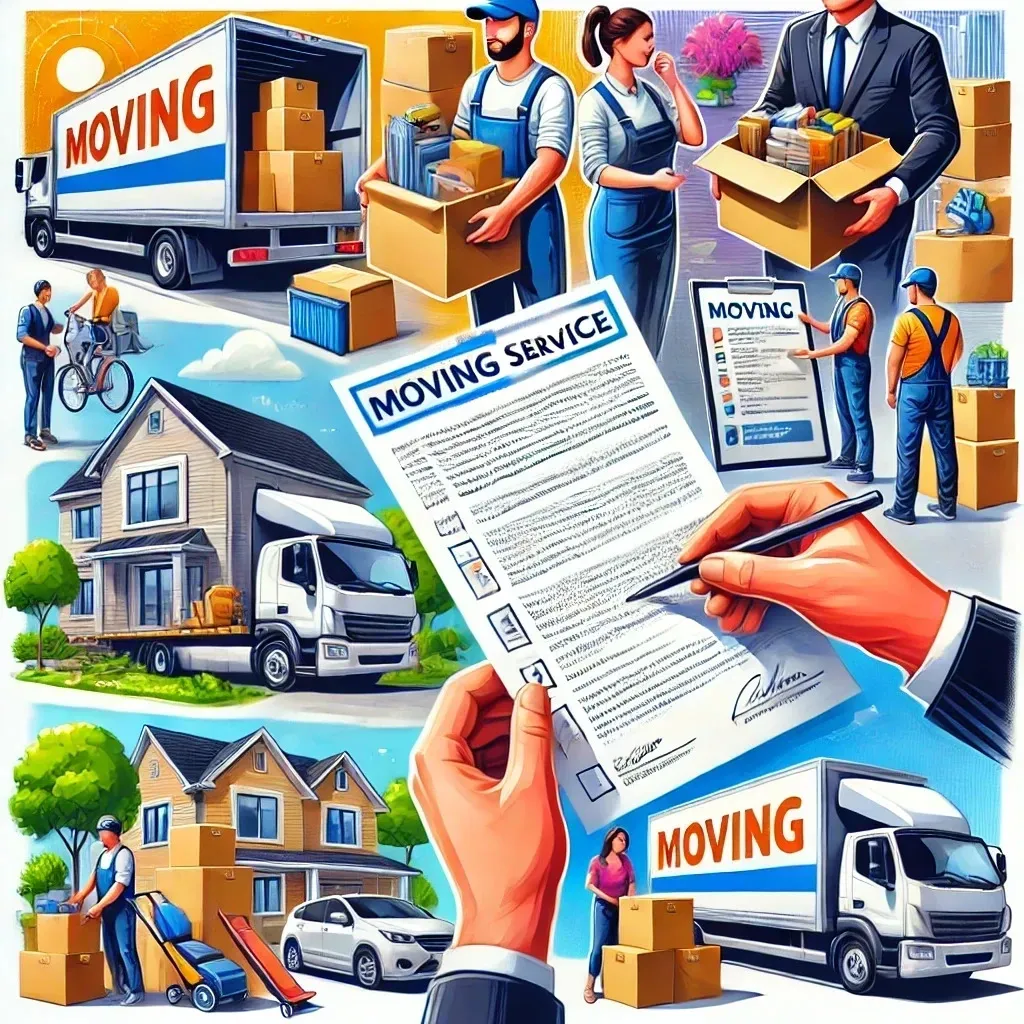Relocating to a new home is never easy. For people with disabilities, the process can feel even more overwhelming without proper planning and support. From navigating stairs and doorways to ensuring that vehicles and equipment are accessible, every step needs thoughtful preparation.
Packers and movers who understand these unique requirements can make a huge difference by offering tailored solutions, adaptive equipment, and accessibility modifications. This blog will discuss the essentials of moving with disabilities, focusing on practical tools, expert advice, and how professional services can make the entire journey smoother.
The Challenges of Moving with Disabilities
When preparing for a move, individuals with disabilities often face challenges such as:
- Difficulty navigating standard moving equipment like trolleys or narrow ramps.
- Inaccessible entrances, bathrooms, or pathways in the new property.
- Lack of proper support for carrying and placing essential medical devices.
- Limited transport options for adaptive equipment or mobility aids.
This is why accessibility modifications and adaptive moving solutions are critical.
The Role of Adaptive Equipment
Adaptive equipment is designed to reduce physical barriers during relocation. Some helpful tools include:
- Portable Ramps: Ideal for wheelchairs and mobility scooters, ensuring safe access to trucks or houses with stairs.
- Stair Lifts & Chair Glides: Temporary solutions for safe transport of individuals or equipment in multi-level homes.
- Specialized Moving Straps and Harnesses: Help movers securely carry heavy medical equipment like hospital beds or oxygen tanks.
- Wide-Door Dollies and Trolleys: Modified designs can hold bulky wheelchairs or assistive devices.
Professional movers trained in handling these tools can save both time and effort while ensuring safety.
Accessibility Modifications in the New Home
Moving isn’t just about transporting belongings-it’s also about preparing the new living space. Accessibility modifications help create independence and comfort in the new environment. Key modifications include:
- Widened doorways and hallways for wheelchair access.
- Grab bars and handrails in bathrooms, stairways, and hall entrances.
- Lowered kitchen counters and cabinets for easy reach.
- Non-slip flooring and ramps for smooth mobility.
- Smart home technology, like voice-activated lighting or doors, for added convenience.
Working with movers who coordinate with contractors can help implement these changes before moving day.
Professional Movers and Inclusive Relocation Services
Experienced packers and movers understand that accessibility needs go beyond just carrying boxes. They provide:
- Customized packing methods for medical equipment.
- Safe truck transport with ramps or hydraulic lifts.
- Trained staff who can manage sensitive items during home shifting.
- Options like car and bike transport for complete relocation solutions.
- Courier services for smaller packages like medical supplies or assistive tools.
These additional services help ensure that every aspect of the move is covered with care.
Planning a Disability-Friendly Move
- Assessment: Evaluate accessibility challenges at both old and new locations.
- Customized Moving Plan: Share your needs with movers for adaptive equipment and accessibility support.
- Scheduling in Advance: Moving may take longer due to extra care needed, so plan for additional time.
- Medical Support Preparation: Keep essential medicines, mobility aids, and contacts of healthcare providers handy during transit.
- Post-Move Adjustments: Inspect the new home and ensure all modifications work correctly.
Why Accessibility in Moving Matters
A relocation designed with accessibility in mind ensures safety and peace of mind. It reduces stress, prevents injuries, and allows people with disabilities to settle into their new homes with confidence and dignity.
Packers and movers who recognize these needs prove that moving isn’t just about logistics-it’s about creating a comfortable transition for every individual.
Final Thoughts
Moving with disabilities may seem challenging, but with the proper adaptive equipment, accessibility modifications, and professional support, it can be done smoothly and stress-free. Choosing Rehousing Packers and Movers who prioritize inclusivity and provide tailored services-from truck transport to home shifting and even courier services ensures that every aspect of relocation is handled with care.







